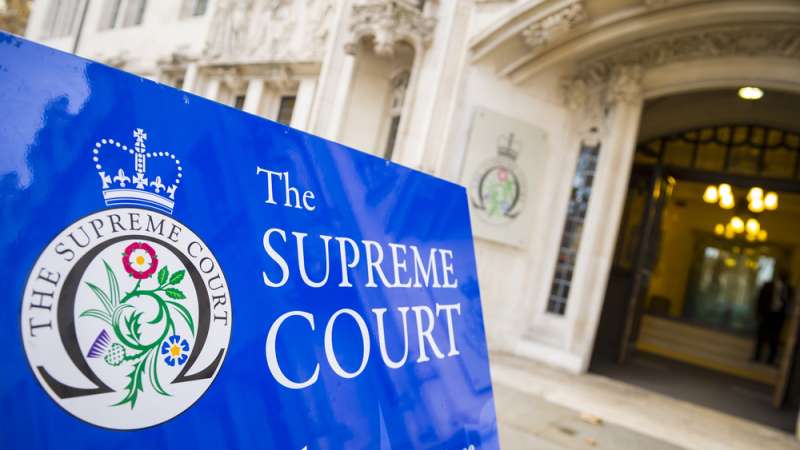
A written tenancy agreement documents the term on which a tenant occupies a property. Such properly written agreements provide certainty for the parties and can set out the mechanism for resolution of any disputes. It is not generally advisable for landlords and tenants to lease commercial premises without a written agreement but for one reason or another, we are frequently approached by clients who find themselves in this situation and need advice. Typically, issues arise when the landlord is looking to sell or take possession of the property and wants to evict the tenant.
This article will look at the following issues for commercial eviction:
- Can a tenancy exist without any documentation?
- What rights do business tenants have to remain in a commercial property without a written lease?
Can a tenancy exist without any documentation?
Section 2 of the Law of Property (Miscellaneous Provisions) Act 1989 provides that a commercial lease for a term of more than three years should be in writing and must include all of the terms agreed between the parties and should be signed by the landlord and the tenant.
However, section 54(2) of the Law of Property Act 1925 creates an exception and provides that a tenancy for a term of fewer than 3 years can be created without any formal documentation, provided that the tenancy took effect when the tenant took possession of the property and the tenant pays a market rent (rather than a nominal rent). In such a situation the tenant has a legal interest in the property.
There are however a number of different types of legal interest that can exist and these will usually depend on the particular circumstances of the matter. These include :
Licence to occupy
This is commonly a personal right given by the landlord to the occupier to use the premises. It does not create a legal interest and the arrangement can be terminated at any time by either party. A licence often exists where the occupier does not have exclusive use and enjoyment of the premises.
Tenancy At Will
This usually applies to an arrangement where the occupier does have exclusive use of the property but it can be terminated at any time by either party. The circumstances surrounding the tenant’s occupation will determine if it is a tenancy at will. It often arises when the tenant is the occupation of premises pending negotiation and completion of a formal lease.
Periodic Tenancy
Such a tenancy will be created by an oral agreement between the parties or by implication and the payment of rent by the tenant. A periodic tenancy cannot be terminated by the landlord without giving notice to the tenant. The amount of notice that the landlord needs to give will be determined by reference to the regularity of the payment of the rent.
Fixed Term Leases
A landlord and tenant can agree to a fixed-term tenancy orally but this is less common than a periodic tenancy and to be binding would need to be for a term of fewer than three years.
Rights of Business Tenants without a lease
Part 2 of the Landlord and Tenant Act 1954 (“1954 Act”) applies to some tenancies where the property “is or includes premises which are occupied by the tenant and are so occupied for the purposes of a business carried on by him or for those and other purposes”. Under the 1954 Act, if a business tenant has been in occupation for more than 12 months and the landlord has accepted rent payments from the tenant then, the tenant may have obtained “security of tenure”.
The 1954 Act does not apply to licences or tenancies at will. The 1954 Act can apply to periodic tenancies and fixed-term oral tenancies if the parties have not followed the procedure in the 1954 Act to contract out of the security of tenure provisions prior to the tenant entering into occupation.
If the tenant can establish that it has security of tenure under the 1954 Act, then in order to evict the tenant, the landlord will need to follow the statutory process set out in the 1954 Act and he must also establish one of the statutory grounds of opposition to a new commercial lease agreement.
Why take legal advice
The lack of security and potential for costly disputes mean that unwritten agreements to occupy property are not advisable and they are a source of business risk.
If you are a tenant and you are concerned about your legal status or if your landlord is taking action to take possession of your property take legal advice on your rights and make sure your interests are protected.
Here to Help
If you have any more questions or would like further information on how we can help, you can contact our Commercial Property Team on 0161 941 4000 or email The Commercial Property Team.








